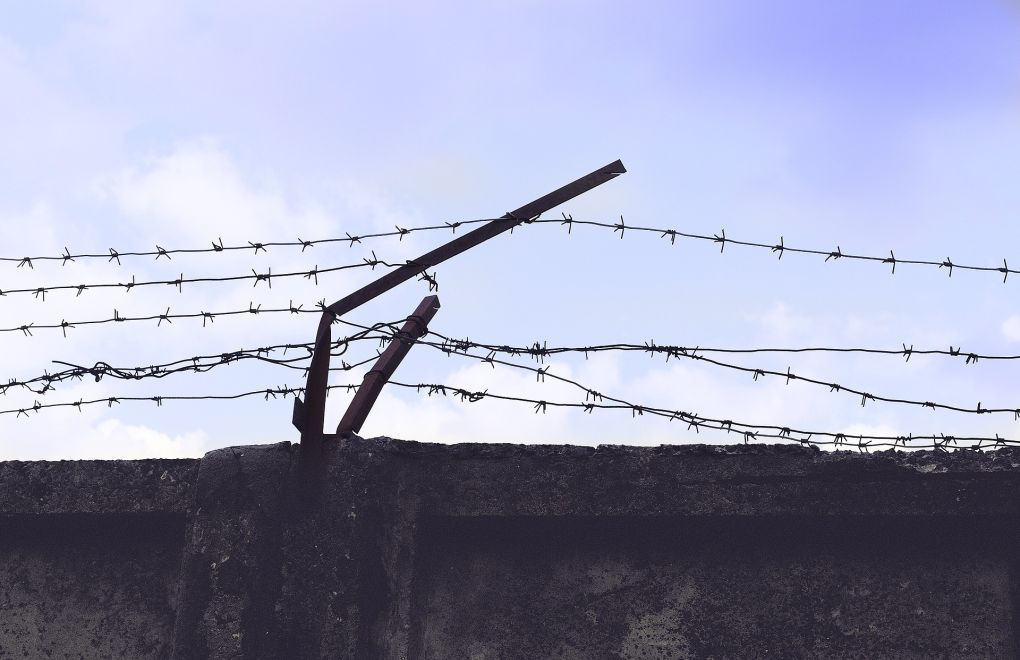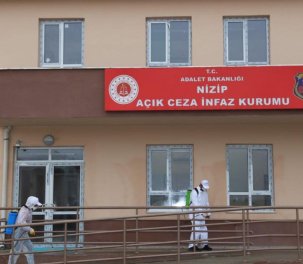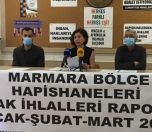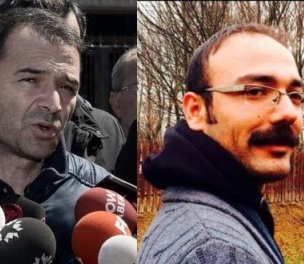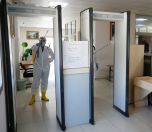* Photo: Pixabay
Click to read the article in Turkish
Turkish Medical Association (TTB) Human Rights Branch held an online panel discussion on "Being a Human in Prison" to raise publicity and concerns about the violations of rights committed in prisons and on the rise especially during the COVID-19 pandemic.
Moderated by Human Rights Foundation of Turkey (TİHV) Chair Dr. Metin Bakkalcı, the panel hosted Peoples' Democratic Party (HDP) Kocaeli MP and human rights activist Ömer Faruk Gergerlioğlu and human rights activist Zafer Kıraç as speakers. The event was also attended by TTB Central Council Chair Prof. Şebnem Korur Fincancı, Central Council member Dr. Halis Yerlikaya and TTB Human Rights Branch members.
'People not seen as subjects of rights'
Making a brief opening speech, Prof. Şebnem Korur Fincancı said that being a human has become difficult in factories, schools and houses as people are not seen as subjects of rights in Turkey in the last years. She underlined that prisons are the places where the most serious human rights violations are committed in the country.
Taking the floor after the TTB Chair, Dr. Metin Bakkalcı, the TİHV Chair, said that the TTB had a theoretical-practical accumulation in the light of its human rights-based philosophy of medicine, remembering Dr. Ata Soyer, who wrote "Prison and Human" based on this accumulation.
Dr. Bakkalcı emphasized that the sentence of "Humans are humans with their rights" is valid in the penal system as well and the state has the responsibility in the event of any usurpation of rights.
"The issue of prisons is a field of struggle that brings the founding role of human rights," Bakkalcı added further.
'Violations have intensified during pandemic'
Addressing his online audience, HDP Kocaeli MP and Dr. Ömer Faruk Gergerlioğlu stressed that the state of Turkey's prisons cannot be considered separate from the political state of the country.
According to his speech, the state has been planning to open 225 new prisons in the last five years and 193 of them have been built.
While the number of prisoners dropped to 250 thousands after the law on criminal enforcement entered into force, this number has once again neared 270 thousands. Gergerlioğlu emphasized that there is a serious problem with the capacity of prisons in Turkey.
The MP also gave examples of human rights violations in prisons, indicating that these violations have intensified after the outbreak of the pandemic.
Gergerlioğlu defined prisons as places where people from wardens to prison administrations, from prosecutors to judges cover rights violations. In the last part of his speech, he specifically focused on the problems experienced by women and child prisoners in Turkey.
'A model isolating from human relations'
Taking the floor after Gergerlioğlu, Zafer Kıraç indicated that campus prisons constitute a model that objectifies people in every sense of the word and isolates them from all types of human relations.
Drawing attention to the contradiction of the expression "increased capacity" now used for prisons, Kıraç indicated that certain social groups are subjected to much more serious usurpation of rights in prisons; some of these groups are women, babies, children, LGBTI+s, elderly, foreign nationals and the ones sentenced to life imprisonment, according to Kıraç.
Concluding his remarks, Zafer Kıraç said, "The problem of prisons is a public health problem in the sense that it is both a health problem in itself for the ones behind bars and it leads the ones outside to be concerned, thinking 'when I might be imprisoned.'"
CLICK - '21 prisoners live in a ward for 7'
CLICK - 'Some prison wards not disinfected for six months'
(AS/SD)




